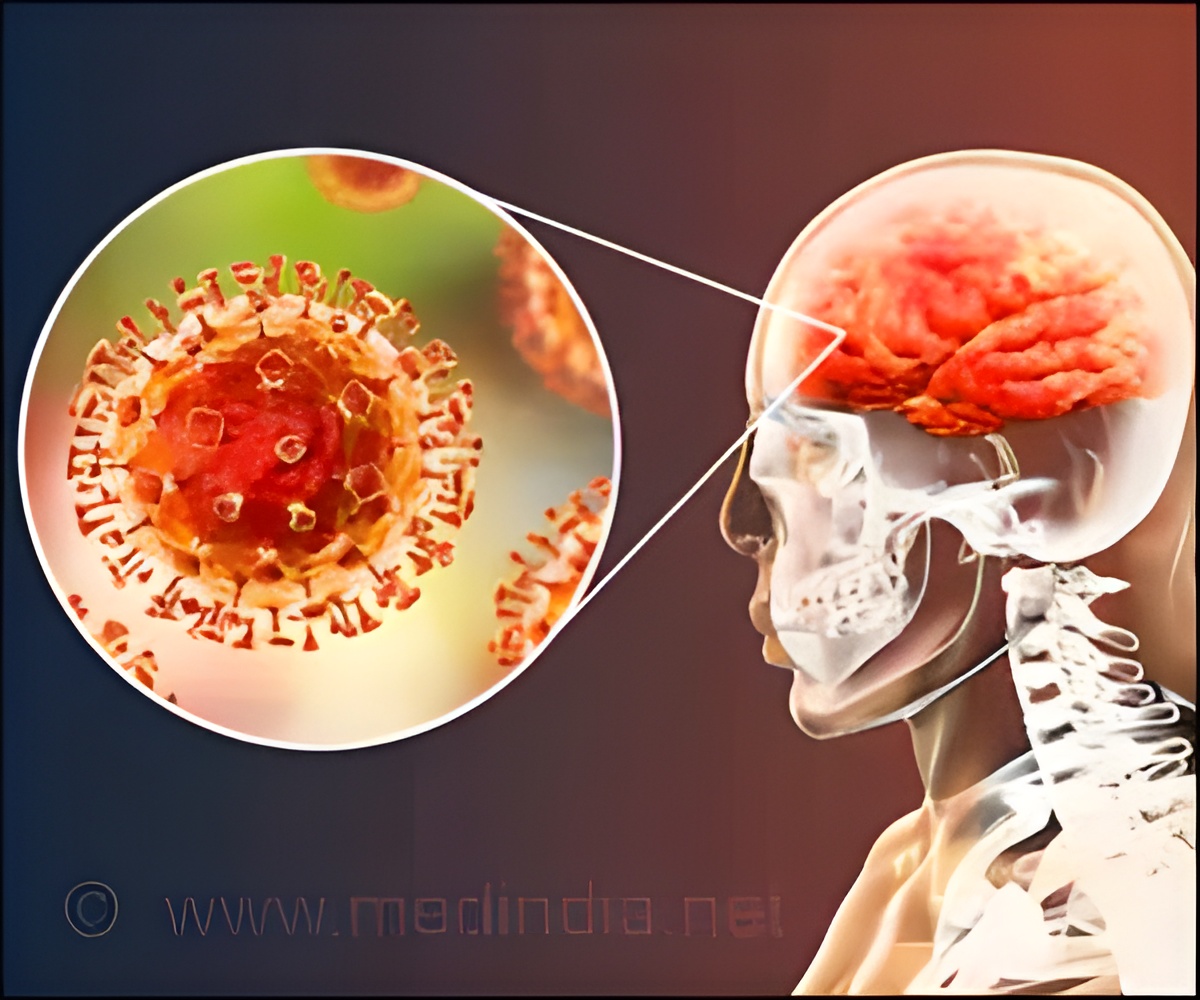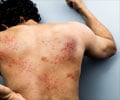
‘Remdesivir is the second experimental treatment, after monoclonal antibody which prevents severe Nipah virus disease in monkeys. This could open the gates for research in humans.’
Read More..Tweet it Now
Gilead Sciences, Inc., is developing remdesivir and, in collaboration with scientists from the Centers for Disease Control and Prevention (CDC), performed initial laboratory studies evaluating the drug against Nipah virus. Researchers from CDC and NIH's National Institute of Allergy and Infectious Diseases (NIAID) collaborated on the concept for the monkey study. Read More..
NIAID then conducted the monkey studies with laboratory serology and pathology support from CDC. Animals infected with a lethal dose of Nipah virus received a first dose of intravenous remdesivir 24 hours after infection and then a daily intravenous dose for a total of 12 consecutive days.
The NIAID team observed the animals for 92 days after infection, taking clinical samples 14 times during that span. The long period of observation allowed scientists adequate time to monitor the central nervous system for disease, which can be slow to develop when caused by Nipah virus. Two treated animals developed mild respiratory signs that resolved within three weeks; the other two treated animals showed no signs of illness.
All four remained apparently healthy for the remainder of the study. Four untreated animals also received a lethal dose of Nipah virus. They began showing signs of illness within four days of infection and rapidly developed fatal disease within eight days.
Scientists next plan to evaluate delayed drug administration to determine how long after infection the animals can be treated successfully. Remdesivir is the second experimental treatment, after monoclonal antibody m102.4, shown to prevent severe Nipah virus disease in a monkey model when administered after the animals are infected.
Advertisement
Source-Eurekalert








